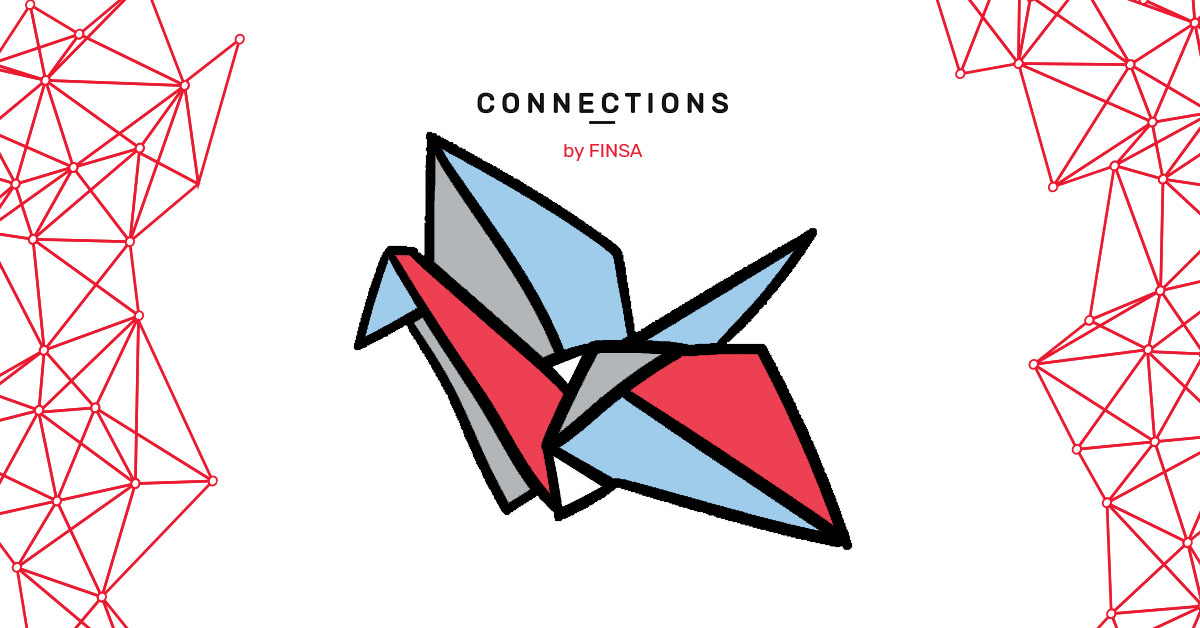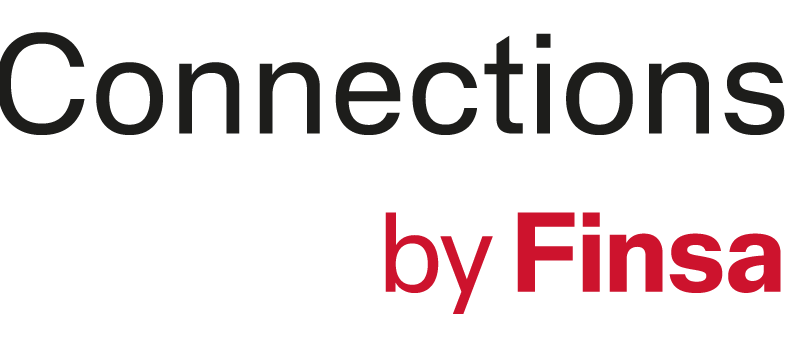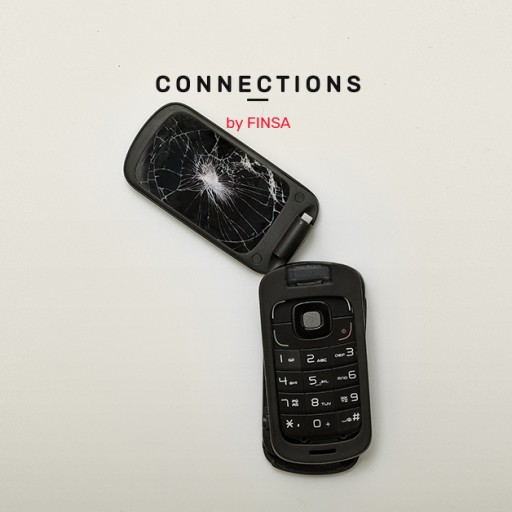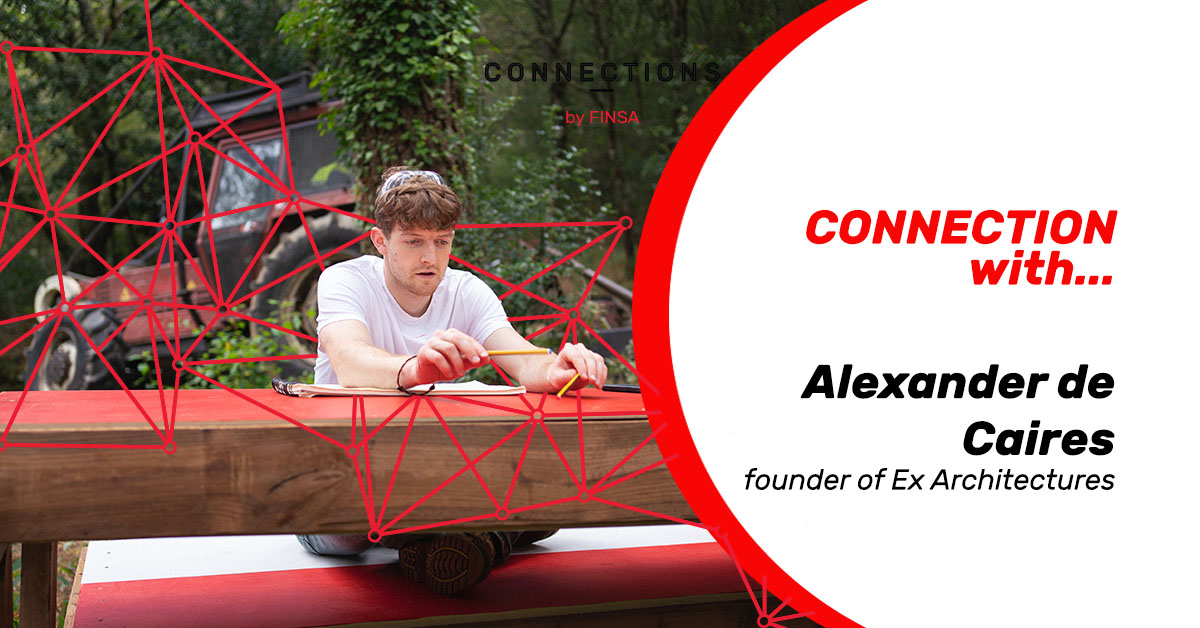During lockdown, in-person interactions changed overnight, and in turn this changed routines and how we think, among other things We spoke to eight architecture and interior design studios to better understand how they have viewed the last few weeks in terms of approaching their work and creative thinking.

Izaskun Chinchilla
How do you usually approach your work? Has this changed?
Because we are quite a diverse team and each project involves interdisciplinary collaborations, we have been working remotely for a long time. I divide my time between Madrid and England and, likewise, between academia and research.
The processes remain the same: we have a communication policy that begins with an outline for what we need to do at the beginning of the day, and from there we follow up with each other in a dynamic way using WhatsApp. We have achieved a great work-life balance in this way. I would invite companies to see how this type of flexibility improves productivity, as evidenced in Japan, rather than seeing the two aspects as incompatible.
What have your creative processes been like during this time in isolation?
For me, being with my son all the time has been wonderful and is far from being a problem. It has its challenges, it was hard to get used to, but it results in many fantastic connections.
I’ve learned not to believe that inspiration is found in historiography. I mean, it’s not just reading about architecture or visiting buildings, but rather there is inspiration to be found in the critical and creative observation of daily ways of life that is not better than, but is equivalent to training in these disciplines. By playing with my son, I discover how spaces arise in a flexible way, and how it happens while juggling different activities. We should experiment with this – putting an inflatable pool in the living room, making a spa, building a cabin.
I also think we must address that anthropological dimension of space, how people use [spaces], and how creativity and the possibility of transformation of all people will generate a wealth of concepts, of possibilities that architecture has yet to fully explore. It’s a never-ending source of inspiration.
How do you cope with potential creative mental blocks?
What liberates me from the problems of a project more than anything is writing, drawing, or cooking. These are highly creative processes. Creativity has suffered from this myth that only some people are born with it, but for me it is a physiological function of all human beings, just like breathing. It needs to be an area that we develop and that provides us with some balance.
Millions of people fight off stress by playing a musical instrument, or by practising meditation or yoga. They are creative activities because they provide us with ways of seeing and representing ourselves that are different to how we see ourselves normally. If someone is writing a book and they get writer’s block, that shouldn’t stop them from being able to enjoy a good movie or cooking. In fact, I invite everyone that doesn’t let themselves get carried away [like this] to explore the many forms of creativity [that exist] – dance, exercise etc.
https://www.instagram.com/p/B-WqLyWCT-E/
Ángel Rocamora
How do you usually approach your work? Has this changed?
We’ve kept to our established working hours very strictly in order to maintain some kind of “normality” as a foundation to help us face this uncertainty. To date, nothing has changed. In fact, I would say that I find our capacity to accept new circumstances and adapt to them is incredible.
This has made us rethink how we work, because we collaborate with other companies from outside of our province and even some from other countries, but in the studio itself I really appreciate in-person interaction. We must evaluate it, but I think that working remotely is a path that needs to continue to be developed.
What have your creative processes been like during this time in isolation? How do you cope with potential creative mental blocks?
All this uncertainty can be seen as a chance to do a 180 and turn it into an opportunity. The present moment is as disconcerting as it is exciting and critical. The horizon seems blurred, but we must have every last pore of our skin prepared to absorb these changes, to turn them into catalysts, and to continue to rethink reality from the point of view of the new spaces we live in. And always from an architectural perspective, as it [is architecture that] will be able to provide a committed social response.
https://www.instagram.com/p/B-M6P65p4DH/
Enorme Estudio
How do you usually approach your work? Has this changed?
We are finding time for managing things with the team and with clients that [previously] weren’t given as much attention because of the day-to-day running of everything. We have also had the opportunity to pursue projects that really interest us, such as the flexible home. Give the tendency in Spain to spend more time in public places than in our own homes, we barely paid any attention to them [before]. In the wake of this situation, we see that we must urgently give life to this place that, because of our social culture, we have forgotten.
What have your creative processes been like during this time in isolation? How do you cope with potential creative mental blocks?
We are drawing and writing more. We’ve resumed writing a book about the history of columns, putting a lot of thought into the dialogue between homes and public spaces. We have an interesting time ahead to reflect in a more intimate way because we have more time for ideation.
https://www.instagram.com/p/B_hwHVhKAvv/
Wanna
How do you usually approach your work? Has this changed?
Each member of the team completes their tasks from wherever they have chosen to live. It is one of our principles for guaranteeing freedom and creativity. Working remotely is our daily reality, so in that sense the studio has not been affected. Our approach to work is based on autonomy and trust. Each person is responsible and organises their own time, although decisions are made based on a consensus. We control projects using a workflow planning app and we have Skype and telephone meetings. We are far away from each other, but we are in constant contact with one another.
What have your creative processes been like during this time in isolation? How do you cope with potential creative mental blocks?
Almost all of us has suffered from a creative mental block over the last few weeks. The most is important thing is knowing how to recognise it, to face it head on, and to reduce its effects as soon as possible. When it happens, the best thing to do is to stop, give yourself time, and think about something else. For example, give yourself a new personal challenge that has nothing to do with what you’re doing and focus on completing that in a certain period of time.
https://www.instagram.com/p/B_Cyz11D8Dc/
Requena y Plaza
How do you usually approach your work? Has this changed?
There haven’t been any big changes to our processes in our case. We took our tasks home and working in a team has helped us work through them during this pandemic.
Efficiency has reduced due to a lack of knowledge, habit, and the speed of the data transmission lines, because in our work we deal with very big files and communication with our servers has slowed down.
What have your creative processes been like during this time in isolation? How do you cope with potential creative mental blocks?
Great thinkers and scientists have said that the best thing for moving forward is adversity. “In every crisis there is an opportunity”. We believe in this: world wars, big economic crises have resulted in heightened ingenuity. Inventiveness has started working in our brains, bringing forth huge advances. Restlessly creative people never stop, even in the face of sudden change. They have always boosted the development of our civilisation.
https://www.instagram.com/p/B9oPmXlAh8l/
MOL Arquitectura
How do you usually approach your work? Has this changed?
Profoundly, because we do tests, make samples and prototypes of solutions for all of our projects [and these] form part of the proposals. This part of innovation with empirical testing is very limited due to the current situation. We are learning to evaluate construction systems without touching them, and it’s very difficult for us, because touching, discovering the material aspect, feels essential to us in any project: the smell of recently brushed wood, the sound of the machinery. We really miss working on-site.
What have your creative processes been like during this time in isolation? How do you cope with potential creative mental blocks?
Right now, there is no space for creative mental blocks in any type of activity, especially in architecture. The sword of Damocles hangs over every occupation. All studios must be able to make decisions in the moment. Hyperconnectivity, the excess of information, and the ease with which we can access it has led us into this spiral in which there is no time for even the tiniest bit of reflection.
https://www.instagram.com/p/B-9hSg3JlGJ/
PEZA Estudio
How do you usually approach your work? Has this changed?
Having to work from home didn’t take us by surprise – it’s something that we often do when we don’t have any meetings or visits [to the studio]. At home we have everything we need to sketch and continue the creative process, so we never lose the sense of the analogue. Something that has changed a little is looking at samples and physical materials. And of course, meetings via videocalls with clients, [because] even though we previously used them in certain situations, [they] now feel a little strange with clients with whom we have a close relationship.
What have your creative processes been like during this time in isolation? How do you cope with potential creative mental blocks?
A creative block is my best alert- it tells me that something isn’t convincing me, that it doesn’t fit with the design, or that there are details that need to be developed. In this state, I try to respect myself even more, I stop, and I start to ask questions. Sometimes it’s something outside of the design, like when my mind is a bit chaotic and I need to put things in order; [and] on other occasions it’s because of the demands of the design, which is not yet ready to see the light of day, and I have to continue [working on it] until I can stand by it.
https://www.instagram.com/p/B_pLTM_C_FZ/
Stone Designs
How do you usually approach your work? Has this changed?
For us, the creative part is proving to be very complicated. Having children at home makes it hard to isolate yourself and find creative moments, so we do what we can. It’s true that, because the mind never stops and it’s a good time to reflect, to get some perspective on things, and develop projects, even if physically we never stop, we are giving our mind some time to reflect.
What have your creative processes been like during this time in isolation? How do you cope with potential creative mental blocks?
We haven’t seen evidence of a creative block, but the industry and production has come to a standstill. But on a creative level we believe there has been a change in register and surge of new ideas that want to provide solutions to new needs.
https://www.instagram.com/p/B_xJ6npDgGS/
Now that you know all about different approaches to work and creative processes, if you want to read more information and thoughts about this moment in time, take a look at the advice about interior design during isolation that a few studios gave us.



